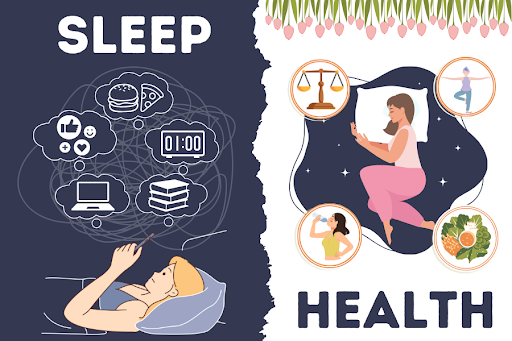Stay informed on sexually transmitted infections and diseases
Gonorrhea, syphilis and chlamydia are the top three sexually transmitted infections (STIs) among college campuses. Nearly 50% of the 20 million new STIs diagnosed each year are found in between the ages of 15 to 24 years old, largely composed of college students. Some STIs can be treated while others cannot, so it is imperative to get tested to know your status. The frequency that you should be tested is determined by your number of partners, if you’ve had a new partner, if you’re using protection and if you are experiencing any symptoms, although most STIs do not show symptoms. It is important to discuss this with your doctor to determine how often you should be tested for STIs. As stated before, many STIs have no signs or symptoms in the majority of people infected, or they have mild signs and symptoms that can be easily overlooked. Some healthcare providers include STI testing at annual checkups. With some doctors, you may have to ask for STI testing. The cost may vary depending on where you went and your insurance status. Luckily, at the University Health Center, you can make an appointment online to get screened and discuss any issues. At the UHC, we screen for gonorrhea, chlamydia and HIV. The gonorrhea/chlamydia test consists of a urine specimen that is shipped off to a state lab and the results are sent back to the UHC within 7-14 days. The HIV test is a finger prick done in-house at the UHC and the results get back to the student within 15 minutes. The price to get tested for all three STIs is $20, and if you only want to be tested for gonorrhea/chlamydia or HIV, the cost is $10.
Some ways to help protect your sexual health include using dental dams, female condoms, male condoms and a birth control method. Hormonal birth control, such as the pill, can help with any menstrual pain, heavy flow and help to prevent pregnancy, but is not 100% effective. It is important to talk to your healthcare provider before starting any type of hormonal birth control. It is important to understand that hormonal birth control does not protect anyone from contracting STIs. In addition, condoms may not prevent STIs that are spread by skin-to-skin contact. It is important to use these methods correctly and get tested annually.
In addition, you should have a conversation with your partner regarding their STI status and what methods will be used to protect the sexual health of all who are involved. We understand getting tested may be scary, but it is worse to not get tested, risk prolonging treatment and spreading the STI(s) to others.
Your donation will support The Lion's Roar student journalists at Southeastern Louisiana University.
In addition, your contribution will allow us to cover our annual website hosting costs.
No gift is too small.







